Before reading this article on block chain technology testing, go through the below article to understand about block chain technology. click here.
What is Block Chain Technology?
Block chain technology is an extraordinary way of transferring information from one party to another party in a safest manner and in a full automated way.
How block chain technology works?
The party A may create the block by initiating its transactions and then this block is verified by thousands of computer which is distributed in the net. The block which is verified block is added to the block which is then added to the chain which is stored across the net by creating the unique record and unique history.
For example, think of a bus station we buy tickets on app or web the credit card company takes a cut for processing with the usage of block chain. Not only the bus counter operator may save the credit card fees but he can completely introduce the entire ticket booking process to the block chain. Here the two parties will be bus station and the passenger.
The information contained on a block chain shared and continually reconciled in the database by this way using network which is benefitted. The records kept by block chain are easily verifiable and public.
What are the uses of block chain technology?
This technology is integrated with multiple areas. The most basic use of block chain is notably in crypt currencies called as bit coin. Most crypto currencies use block chain to record the transactions. The banks are interested in this technology because it has potential to speed up the back office settlement issues. It is used in various domains like supply chain management, stock trading, retail etc. Block chain is the data structure which exists in many locations at once. At present the block chain is used for the financial and automotive industries because of its highly secure structure. There are some private block chains like used in banking.
Block Chain Technology Testing:
Different types of tests are performed in various stages of software development process. Testing a block chain application ensures the quality and maximises the test coverage area and it minimises the risk of inadequate knowledge which may affect the software development process.
5 popular tools for testing block chain applications:
Ethereum Tester:
It is a open source library for testing called Github repo. It provides manageable API support for various testing requirements.
2. Bit coin J:
It is java based framework developed for bit coin based app which makes possible to communicate with other BTC network and various testing requirements.
3. Populous:
This framework has the ability to test the functionality of ethereum embedded in the form set of features for test contract deployment. It is easy to implement.
4. Truffle:
It is a development environment & testing framework for ethereum developers & testers, which brings the good testing features like automated contract testing.
5. Embark:
It is a framework which concentrates on decentralised applications that run on various systems or nodes.
Block chain testing types:
- Functional testing: This evaluates the various functional parts of block chain.
- API testing: API (application programming interface tests) addresses the interaction between the applications of block chain eco system.
- Performance testing: It finds the performance bottleneck. The different methods are used in fine tuning the system and review if the applications are ready to launch.
- Node testing: All heterogeneous nodes on the network must be independently having a smooth cooperation.
Questions
- What are the advantages of the block chain testing?
- What are the tools of block chain testing?



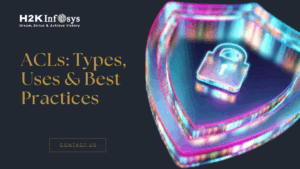
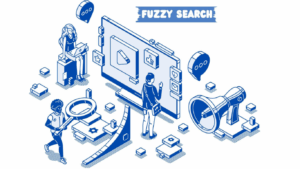










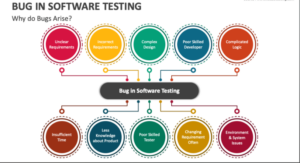

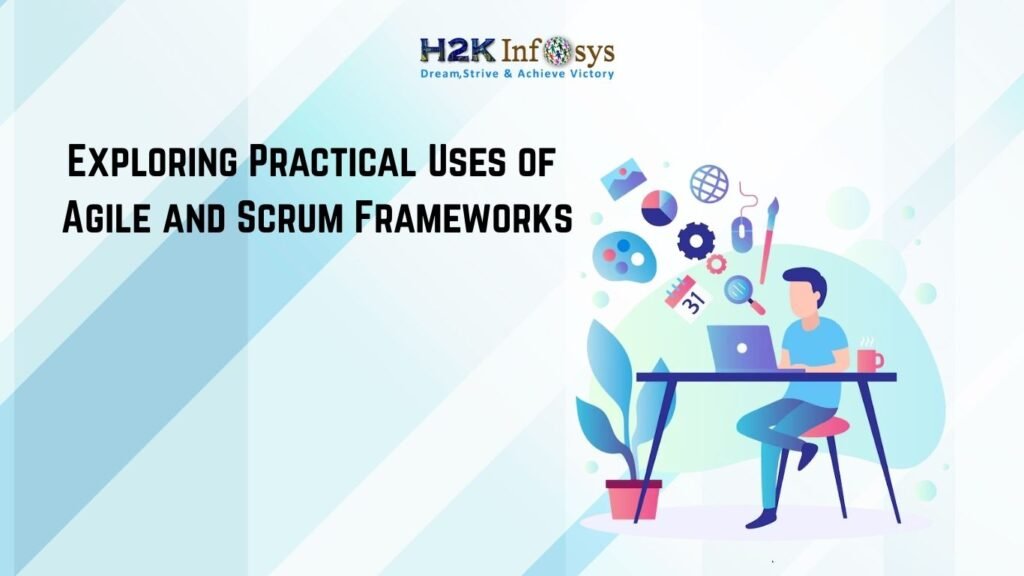



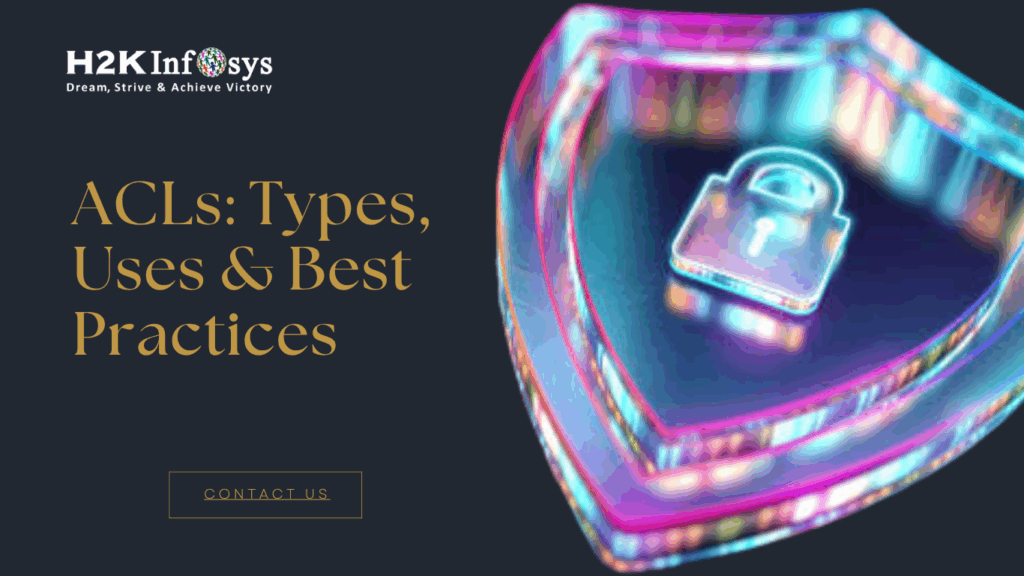
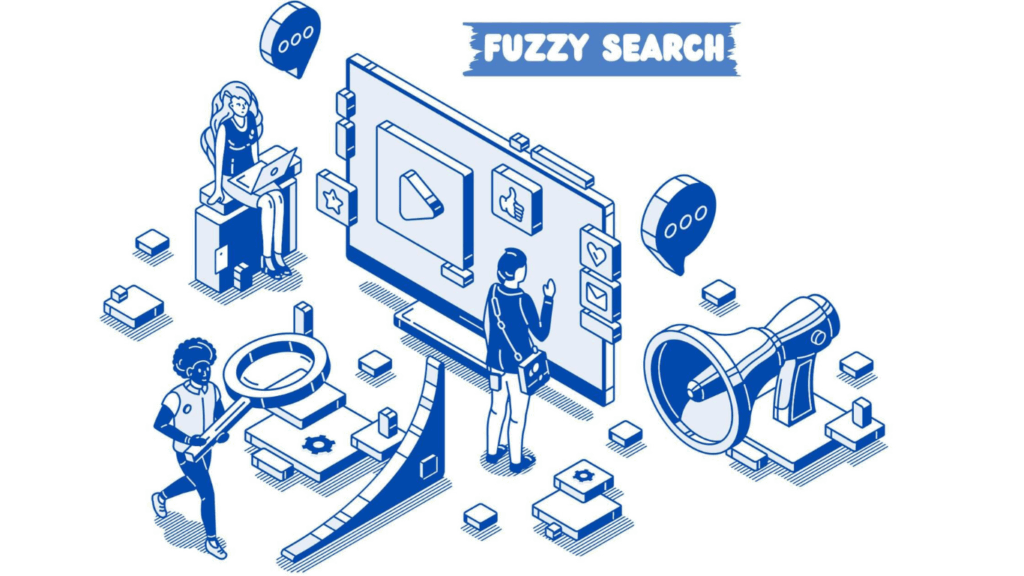






19 Responses
1.What are the advantages of the block chain testing?
Block chains are very secured.
The records kept by block chain are easily verifiable and public.
2.What are the tools of block chain testing?
Ethereum Tester
Bit coin J
Populous
Truffle
Embark
1. The advantages of the block chain testing are:
Testing a block chain application ensures the quality and maximizes the test coverage area and it minimizes the risk of inadequate knowledge which may affect the software development process.
2. The tools of block chain testing are:
1. Ethereum Tester
2. Bit coin J
3. Populous
4. Truffle
5. Embark
QTP, Seleni, LoadRunner, Jmeter
Advantage -it provides Security, transparency, immutabilty and decentralization.
There are five most popular tools to test block chain applications are:
-Ethereum tester
-Bitcoin J
-Populous
-Truffle
-Embark
Advantages of block chain testing are:
• Ensures quality,
• Maximizes test coverage area,
• Minimizes the risk of inadequate knowledge which may affect the software development process.
Tools of block chain testing
1. Etherium tester- Open source library for testing called Github repo.
2. Bit coin J – Java based framework for bit coin based app which makes communication with other BTC networks and various testing requirements possible.
3. Populous – Framework tests functionality of ethereum embedded in the form set of features for test contact deployment.
4. Truffle – automated contact testing.
5. Embark – framework concentrates in decentralized applications that run on various systems or nodes.
The advantages of block chain testing are that the records kept by block chain are easily verifiable and public. It is ensures the highest quality and maximizes the test coverage area. It minimizes the risk of inadequate knowledge which may affect the software development process. The five popular testing tools for block chain applications are Ethereum Tester, Bit Coin J, Populous, Truffle and Embark. The block chain technology is very safe and fully automated.
Advantages of block chain testing :
-efficiency of the system
-exist in many location at once
– records are easily verified
– data could be easily transfers between two block in a safest environment
Block chain testing tools:
Etherium tester, bitcoin J , populous, truffle, embark
1) Block chain technology is an extraordinary way of transferring information from one party to another party in a safest manner and in a fully automated way. Block chain is the data structure which exists in many locations at once. At present the block chain is used for the financial and automotive industries because of its highly secure structure. There are some private block chains like those used in banking.
2) Tools of block chain testing are Ethereum Tester, Bitcoin J, Populous,Truffle,Embark.
The advantage of block chain testing is to ensures the quality and maximises the test coverage area and it minimises the risk of inadequate knowledge which may affect the software development process.
Tools of block chain testing
1. Etherium tester- Open source library for testing called Github repo.
2. Bit coin J – Java based framework for bit coin based app which makes communication with other BTC networks and various testing requirements possible.
3. Populous – Framework tests functionality of ethereum embedded in the form set of features for test contact deployment.
4. Truffle – automated contact testing.
5. Embark – framework concentrates in decentralized applications that run on various systems or nodes.
Advantages of the Block Chain technology :-
Security and Transparency.
It uses protected cryptography to secure the data ledgers.
Increased efficiency and speed.
The advantages of block chain include highly secured structures. It ensures the quality and maximize the test coverage area and minimizes the risk of inadequate knowledge which may affect the software development process. The tools are ethereum,bit coin j, populous, truffle and embark.
What are the advantages of the block chain testing?
Block chain technology is an extraordinary way of transferring information from one party to another party in a safest manner and in a full automated way. The most basic use of block chain is notably in crypt currencies called as bit coin. Most crypto currencies use block chain to record the transactions. The banks are interested in this technology because it has potential to speed up the back office settlement issues. At present the block chain is used for the financial and automotive industries because of its highly secure structure.
What are the tools of block chain testing?
Ethereum Tester:
It is a open source library for testing called Github repo. It provides manageable API support for various testing requirements.
Bit coin J:
It is java based framework developed for bit coin based app which makes possible to communicate with other BTC network and various testing requirements.
Populous:
This framework has the ability to test the functionality of ethereum embedded in the form set of features for test contract deployment. It is easy to implement.
Truffle:
It is a development environment & testing framework for ethereum developers & testers, which brings the good testing features like automated contract testing.
Embark:
It is a framework which concentrates on decentralised applications that run on various systems or nodes.
Blockchain gives companies the opportunity to track assets, collaborate and share information and to do this efficiently, precisely and securely by using cryptography. The applications of blockchain have now gone way beyond crypto-currencies such as Bitcoin, Ethereum and other decentralised payment systems. It now has a far wider application.
There are different tools for the block chain testing like Ethereum Tester, Bit coin J, Populous, Truffle, Embark
1. The basic advantages of Blockchain technology are decentralization, immutability, security and transparency. The blockchain technology allows for verification without having to be dependent on third parties. The data structure in a blockchain is append only. So, the data cannot be altered or deleted.
2. The tools of block chain testing are:
a. Ethereum Tester
b. Bit Coin J
c. Populous
d. Truffle
e. Embark
1.What are the advantages of the block chain testing?
2.What are the tools of block chain testing?
The advantages of block chain testing is the safest way of transferring information from one party to another party in a full automated way.
The tools of Block chain testing are:
1.Ethereum tester
2.Bit coin J
3.Populous
4.Truffle
5.Embark
1. Testing a block chain application ensures the quality and maximizes the test coverage area and it minimizes the risk of inadequate knowledge which may affect the software development process.
2.Ethereum Tester, Bit coin J,Truffle,Embark,Populous
Advantages of blockchain testing: Blockchain technology is getting integrated in multiple areas including banking, stocks, retail, etc. Records kept by blockchain are easily verifiable and public. Information is shared and continually reconciled in database.
Tools of blockchain testing:
– Etherium tester
– Bitcoin J
– Populous
– Truffle
1.What are the advantages of the block chain testing?
–> The advantages of block chain testing is that it is the safest way of transferring information from one party to another party in a full automated way.
2. What are the tools of block chain testing?
The tools of Block chain testing are:
1.Ethereum tester
2.Bit coin J
3.Populous
4.Truffle
5.Embark
1. What are the advantages of the block chain testing?
Block chain technology is an extraordinary way of transferring information from one party to another party in a safest manner and in a full automated way.
2. What are the tools of block chain testing?
5 popular tools for testing block chain applications:
Ethereum Tester:
It is a open source library for testing called Github repo. It provides manageable API support for various testing requirements.
2. Bit coin J:
It is java based framework developed for bit coin based app which makes possible to communicate with other BTC network and various testing requirements.
3. Populous:
This framework has the ability to test the functionality of ethereum embedded in the form set of features for test contract deployment. It is easy to implement.
4. Truffle:
It is a development environment & testing framework for ethereum developers & testers, which brings the good testing features like automated contract testing.
5. Embark:
It is a framework which concentrates on decentralised applications that run on various systems or nodes.
Block chain testing types:
Functional testing: This evaluates the various functional parts of block chain.
API testing: API (application programming interface tests) addresses the interaction between the applications of block chain eco system.
Performance testing: It finds the performance bottleneck. The different methods are used in fine tuning the system and review if the applications are ready to launch.
Node testing: All heterogeneous nodes on the network must be independently having a smooth cooperation.
Questions
What are the advantages of the block chain testing?
What are the tools of block chain testing?